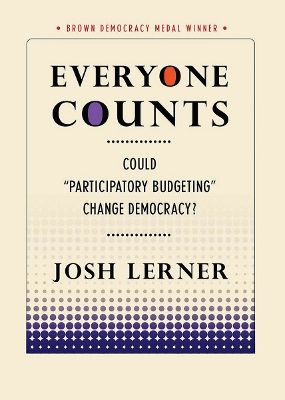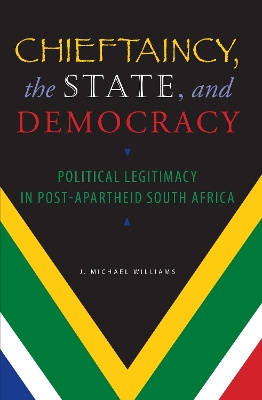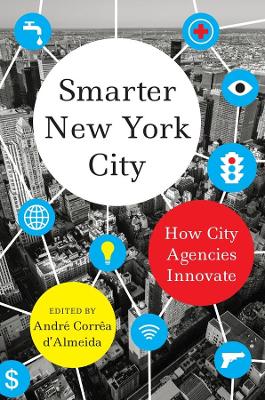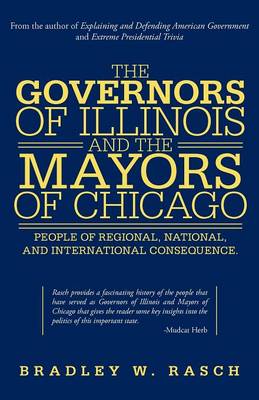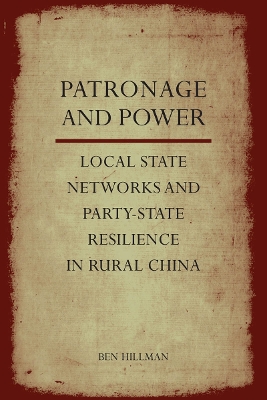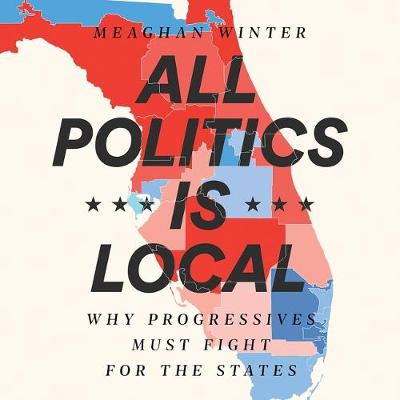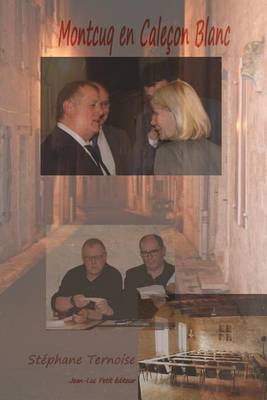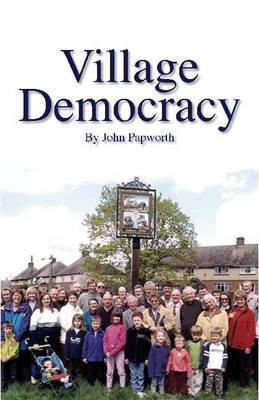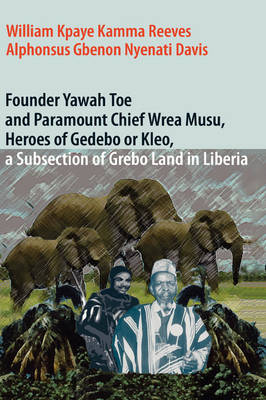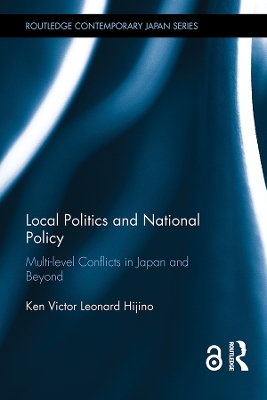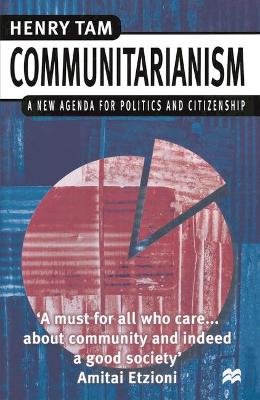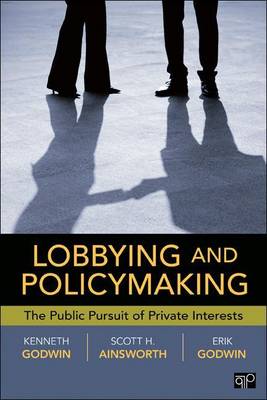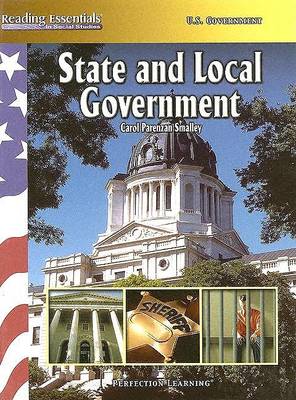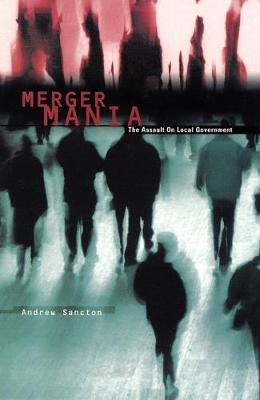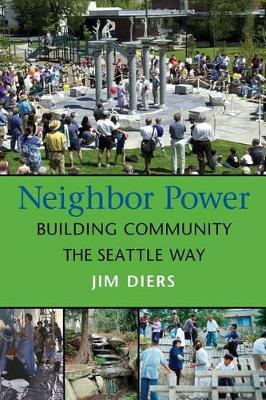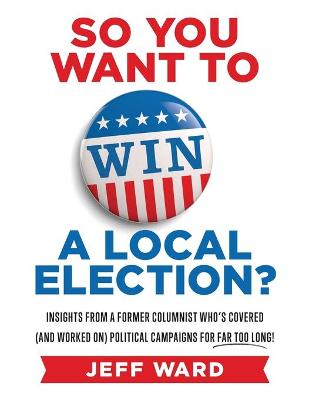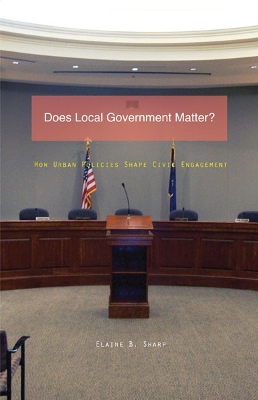The Laurence and Lynne Brown Democracy Medal recognizes outstanding individuals, groups, and organizations that produce exceptional innovations to further democracy in the United States or around the world.The inaugural medal winner, the Participatory Budgeting Project (PBP), is an innovative not-for-profit organization that promotes "participatory budgeting," an inclusive process that empowers community members to make informed decisions about public spending. More than 46,000 people in communi...
As South Africa consolidates its democracy, chieftaincy has remained a controversial and influential institution that has adapted to recent changes. J. Michael Williams examines the chieftaincy and how it has sought to assert its power since the end of apartheid. By taking local-level politics seriously and looking closely at how chiefs negotiate the new political order, Williams takes a position between those who see the chieftaincy as an indigenous democratic form deserving recognition and pro...
Smarter New York City
Innovation is often presented as being in the exclusive domain of the private sector. Yet despite widespread perceptions of public-sector inefficiency, government agencies have much to teach us about how technological and social advances occur. Improving governance at the municipal level is critical to the future of the twenty-first-century city, from environmental sustainability to education, economic development, public health, and beyond. In this age of acceleration and massive migration of p...
The Governors of Illinois and the Mayors of Chicago
by Bradley W Rasch
Humorous Incidents, Short Stories and Essays (Orange Beach Government, #1)
by Rauf Bolden
Power and Patronage examines the unwritten rules and inner workings of contemporary China's local politics and government. It exposes how these rules have helped to keep the one-Party state together during decades of tumultuous political, social, and economic change. While many observers of Chinese politics have recognized the importance of informal institutions, this book explains how informal local groups actually operate, paying special attention to the role of patronage networks in political...
Glencairn (Dumfriesshire): The Annals of an Inland Parish (Classic Reprint)
by John Corrie
A sweeping and authoritative study of wealth inequality and the dismantling of local government in four working-class cities across the US that passionately argues for reinvestment in people-centered leadership. Decades of cuts to local government amidst rising concentrations of poverty have wreaked havoc on communities left behind by the modern economy. Some of these discarded places are rural. Others are big cities, small cities, or historic suburbs. Some vote blue, others red. Some are the...
"Presents the founder's tale and folklore dating to the 16th century of members of the Grebo ethnic group living in Gedebo, Maryland County, in the Republic of Liberia, and an oral history of their famous paramount chief who ruled in the mid 20th century." --Provided by publisher.
Local Politics and National Policy (Routledge Contemporary Japan)
by Ken Victor Leonard Hijino
This book is about why and how central and local governments clash over important national policy decisions. Its empirical focus is on the local politics of Japan which has significantly shaped, and been shaped by, larger developments in national politics. The book argues that since the 1990s, changes in the national political arena, fiscal and administrative decentralization, as well as broader socio-economic developments have led to a decoupling of once closely integrated national and local pa...
Although Communitarianism has a long history, it is only recently that it has emerged to pose a major challenge to the traditional left-right divide in politics and the competing principles of individualism and collectivism. Henry Tam's book provides a broad-ranging and accessible introduction to communitarian ideas and their implications for politics and citizenship drawing on a wide range of international examples and engaging with communitarianism's critics to demonstrate clearly its relevan...
Lobbying and Policymaking
by R Godwin, Scott Ainsworth, and Erik K. Godwin
Spurred by the disconnect between what was being taught in the classroom and actual practice, Godwin, Ainsworth, and Godwin set out to answer the question, oWas political science missing some key aspects of the interactions between lobbyists and policy makers?oe Built on interviews with over 100 lobbyists, these authors show that much of the research on organized interests overlooks the lobbying of regulatory agencies even though it accounts for almost half of all lobbyingueven though bureaucrat...
State and Local Government (Reading Essentials in Social Studies)
by Carol Parenzan Smalley
Outside the United States, forced municipal mergers were a popular policy in many European countries and Canadian provinces during the 1960s and 1970s. The city of Laval, just north of Montreal, and the "unicity" of Winnipeg owe their origins to this period - both amalgamations failed to meet their original objectives. Despite the emergence of "public choice" theory - which justifies municipal fragmentation on market principles - some politicians and public servants in the 1990s have continued t...
Building on the lessons of early labor leaders, civil rights volunteers, and political activists, Jim Diers has developed his own models and successful strategies for community development. Neighbor Power chronicles his involvement with Seattle’s communities. This book not only gives hope that participatory democracy is possible, but it offers practical applications and invaluable lessons for ordinary, caring citizens who want to make a difference. It also provides government officials with insp...
Does Local Government Matter? (Globalization and Community)
by Elaine B. Sharp
Until recently, policy evaluation has mostly meant assessing whether government programs raise reading levels, decrease teen pregnancy rates, improve air quality levels, lower drunk-driving rates, or achieve any of the other goals that government programs are ostensibly created to do. Whether or not such programs also have consequences with respect to future demands for government action and whether government programs can heighten—or dampen—citizen involvement in civic activities are questions...
